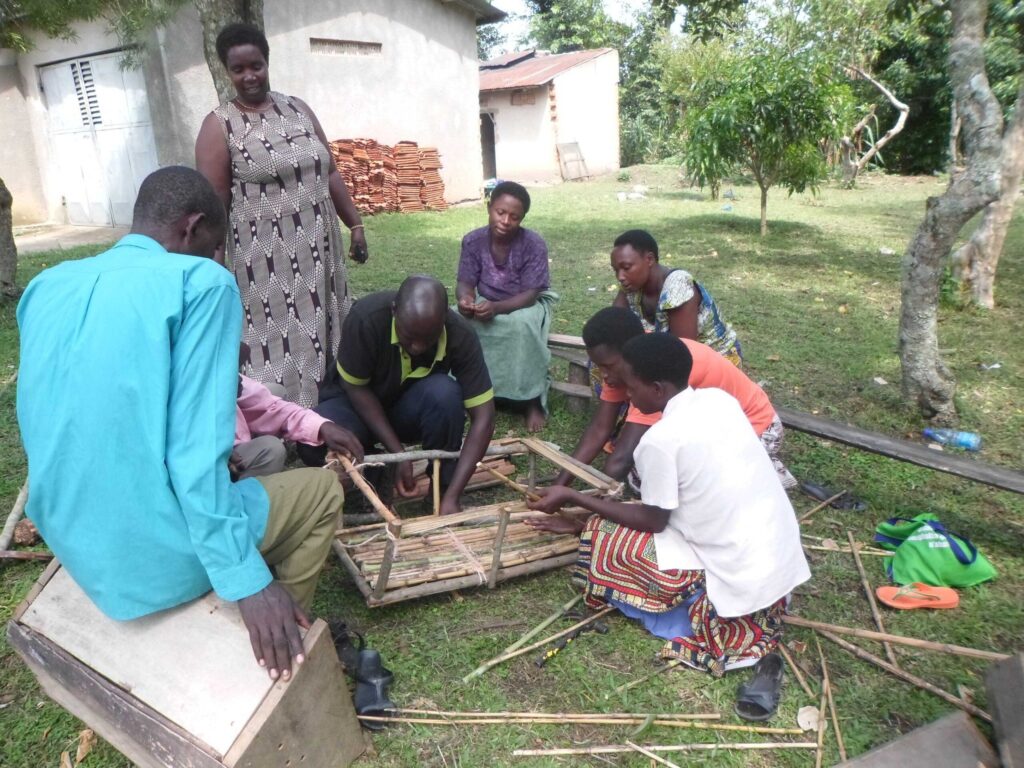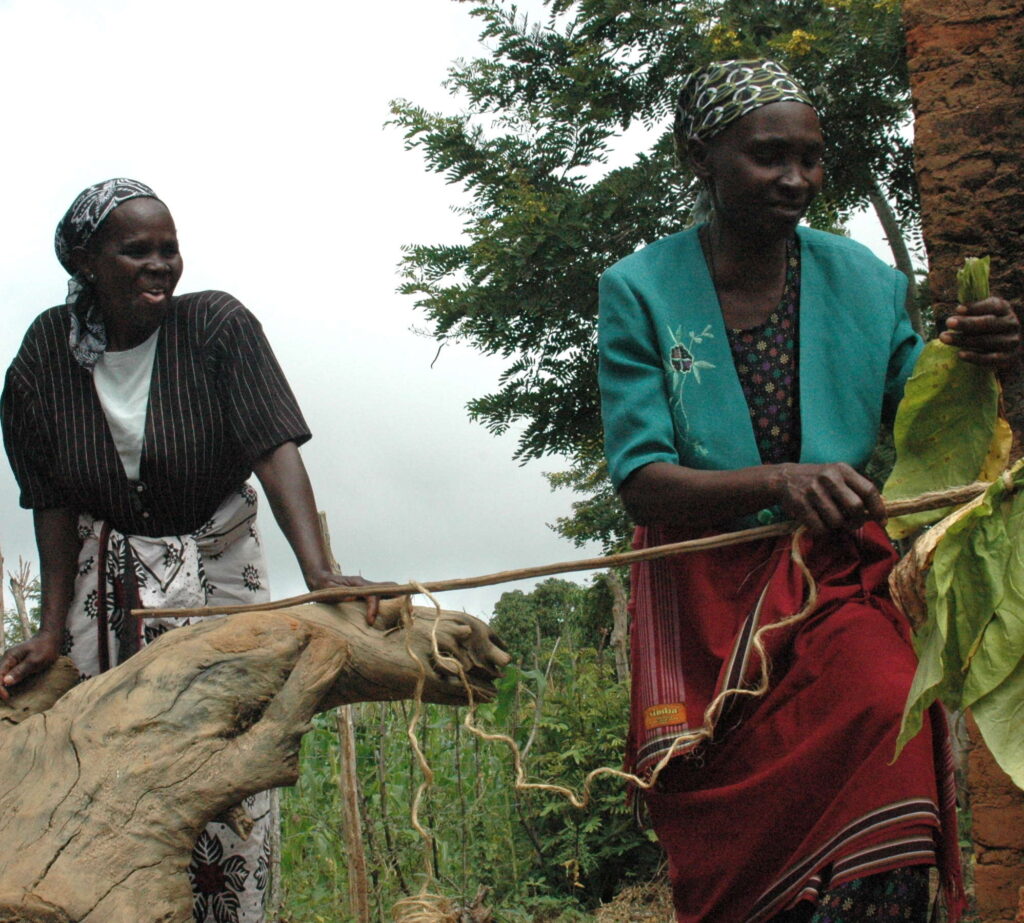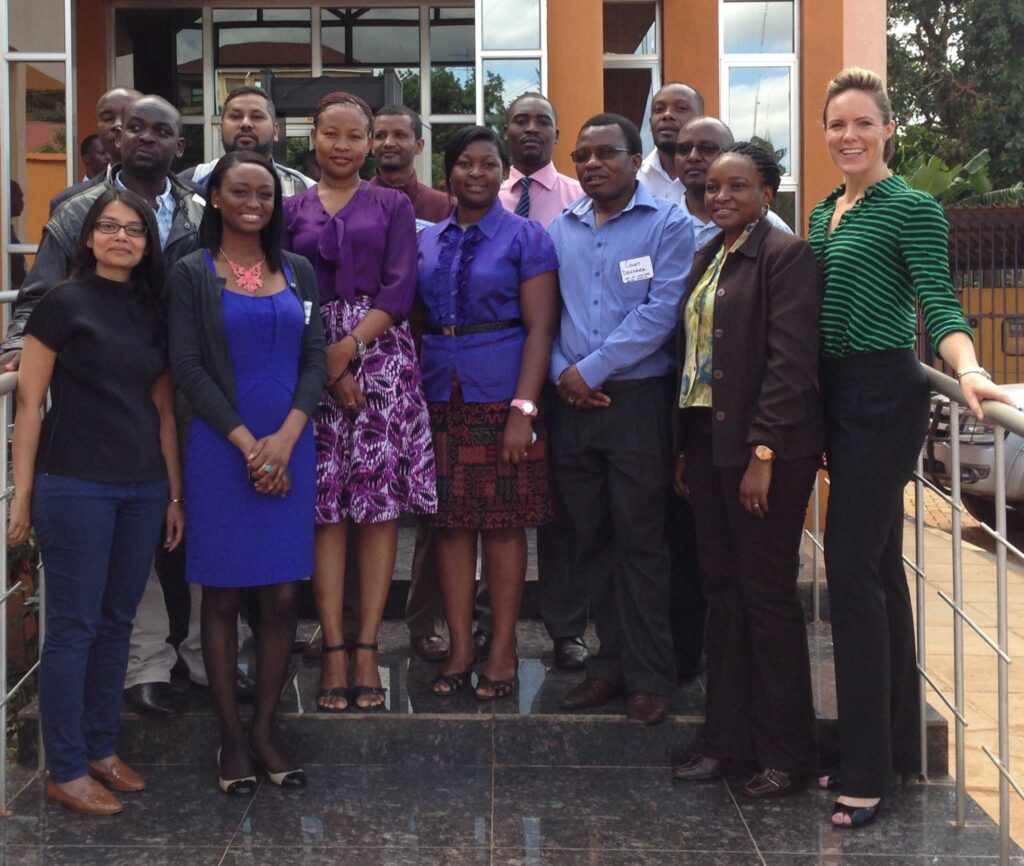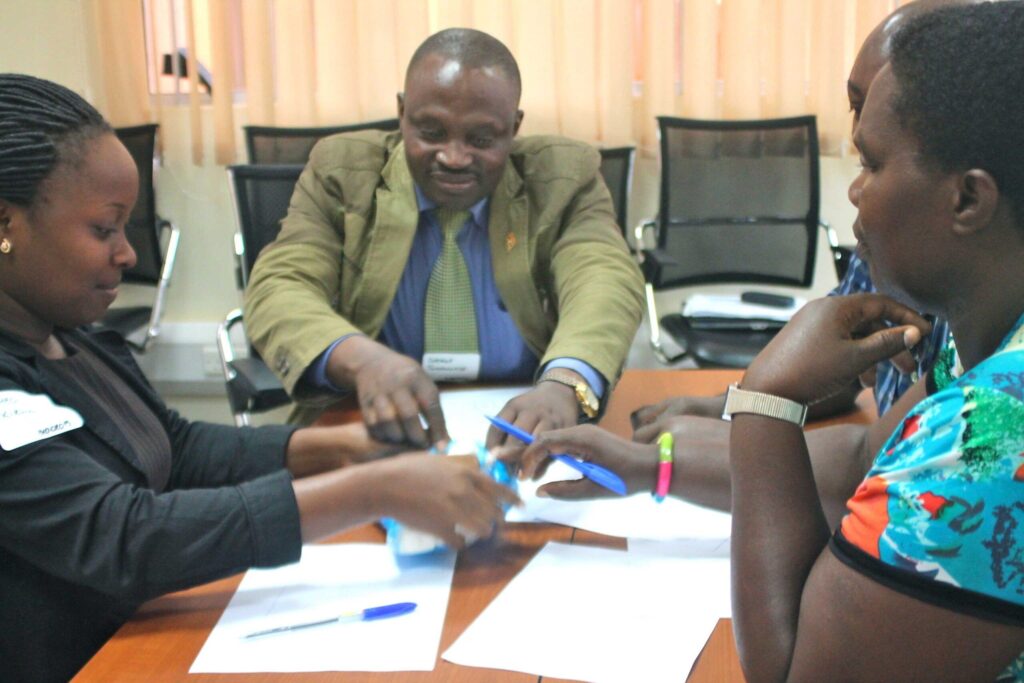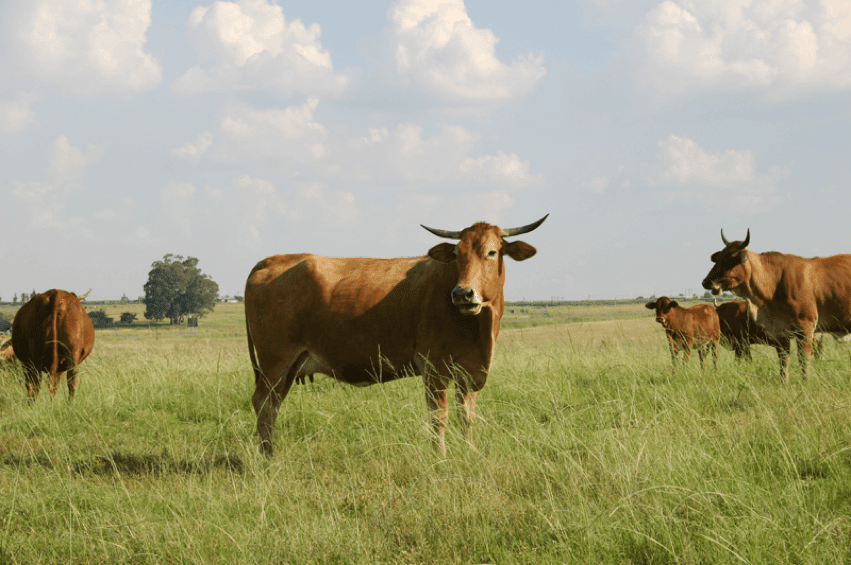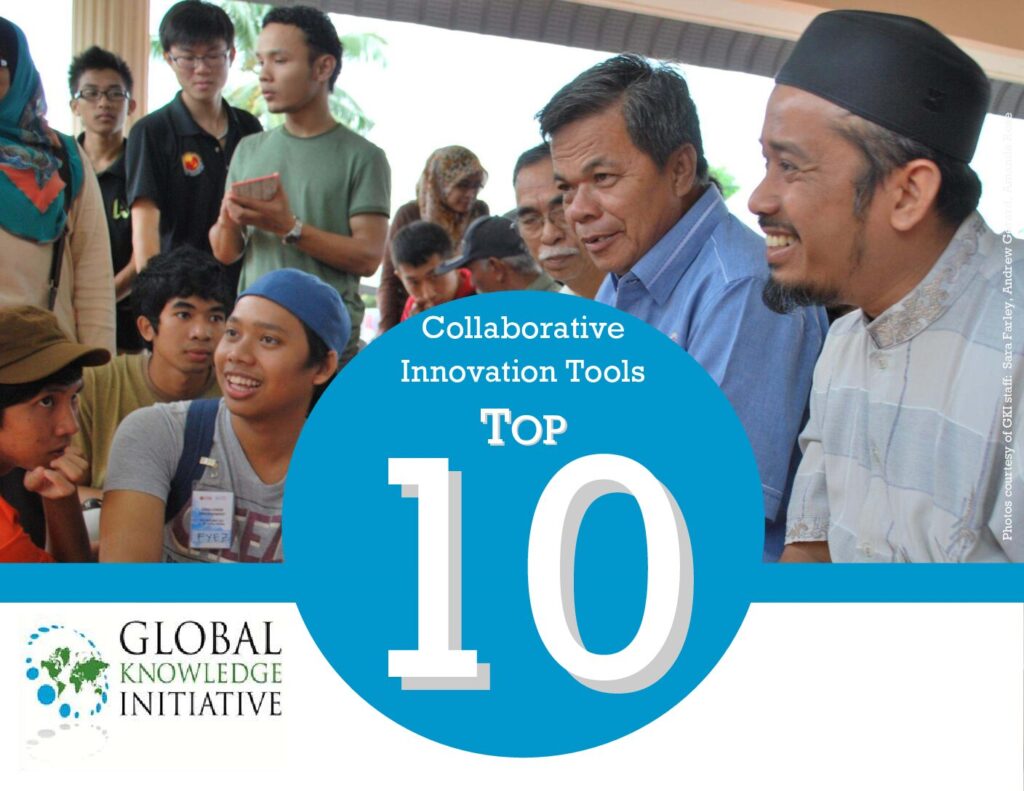Stories
At GKI, we believe in the power of words to influence and inspire action. We actively pursue humility, curiosity, and reflection in our work as we share our insights, experiences, and resources with the broader community of decision-makers, change-makers, and practitioners.
LINK Finalists Launch Bee Farming Project in Uganda
Energized to tackle poverty in the Kamwenge district of Uganda, LINK Finalists Dr. Fredrick Tumwine and Dr. Frank Mugagga of Makerere University joined team members Jeniffer Tumwine of Kyabanswa Rural Integrated Farming Systems (KRIFS) and Mr. George Tunanukye of Bee Keepers Cooperative Savings and Credit Society (KABECOS) in Kyabanswa Village in mid-August. With approximately 65% of…
Experts Envision Solutions to the African Food Crisis
The Green Revolution saved billions of people on the brink of starvation. Yet, nearly 50 years later, 1 in 8 individuals in the world are still hungry. We know the right tools and technologies for maximizing agricultural productivity, so where is the missing link? In Sub-Saharan Africa, the most food insecure region in the world,…
Tanzania Dairy Board Team Wins Dairy Value Chain Challenge Prize
Dairy cattle in East Africa are more than just cash cows. With dairy demand expected to continue to rise, dairy cows represent the enormous opportunity in the dairy sector to transform livelihoods all along the dairy value chain. Yet, pressing challenges—including poor access to animal care, insufficient knowledge on animal breeding and handling, and weak…
Thinking While Doing: What We’ve Been Reading, v.V
If GKI had a 2014 “back to school” reading list, this would be it. Take a look at some of the interesting, inspiring, and provocative books and articles our staff has been reading lately. We’d also love to hear about the best things you’ve read this month, or what you’re looking forward to reading next! …
Training future facilitators in Uganda
Facilitators possess the power to unlock the potential of diverse groups to solve challenges that impact millions of people. Skills for team leadership, workshop facilitation, and group problem solving prove especially important in developing countries, where decisions made on interventions in agriculture, environmental management, education, and a host of other science and technology-related domains can…
Picture Preview: LINK Training in Uganda
GKI staff had a fantastic time training LINK IV Winners and Finalists in Uganda and South Africa in June 2014. We are inspired by these fantastic innovators. We’ll be posting more on these trainings in the coming weeks, but for now we’re sharing these photos from the training in Uganda.
Rwandan research team captures Potato Taste Challenge Prize
Can a dedicated and dexterous team of Rwandan researchers, armed with $20,000 and the support of an international network of problem solvers, tackle the ill effects of a single insect? Every year the “antestia bug” destroys up to 38% of coffee crops in Rwanda and is thought to be the source of a potato taste…
Announcing new partnership with Rwanda National Commission of Science and Technology
The Government of Rwanda has taken a bold step by inaugurating a National Commission of Science and Technology (NCST) to advise on, monitor and evaluate, and coordinate science, technology, and innovation (STI) related activities across Rwanda’s economy. The Global Knowledge Initiative (GKI) believes that robust, well-planned STI investments and coordination can drive sustained economic development,…
Bullish on East African Dairy
There are many reasons to be optimistic about the dairy sector in East Africa; at the May 8, 2014 Dairy Value Chain Collaboration Colloquium, participants counted over 150 of them. To be exact, participants at the Dairy Value Chain Collaboration Colloquium in Kampala, Uganda identified 167 opportunities for partnership to take on challenges in the dairy…
GKI Releases its Top 10 Tools for Collaborative Innovation
The premier challenges of today—mitigating climate change, ensuring energy security, reducing food loss—are complex and multi-sectoral. They confound the efforts of individuals working alone. Creating lasting solutions to these and other global problems requires the collective work of many problem solvers who pursue common goals and bring to bear their varied perspectives, resources, and areas…

